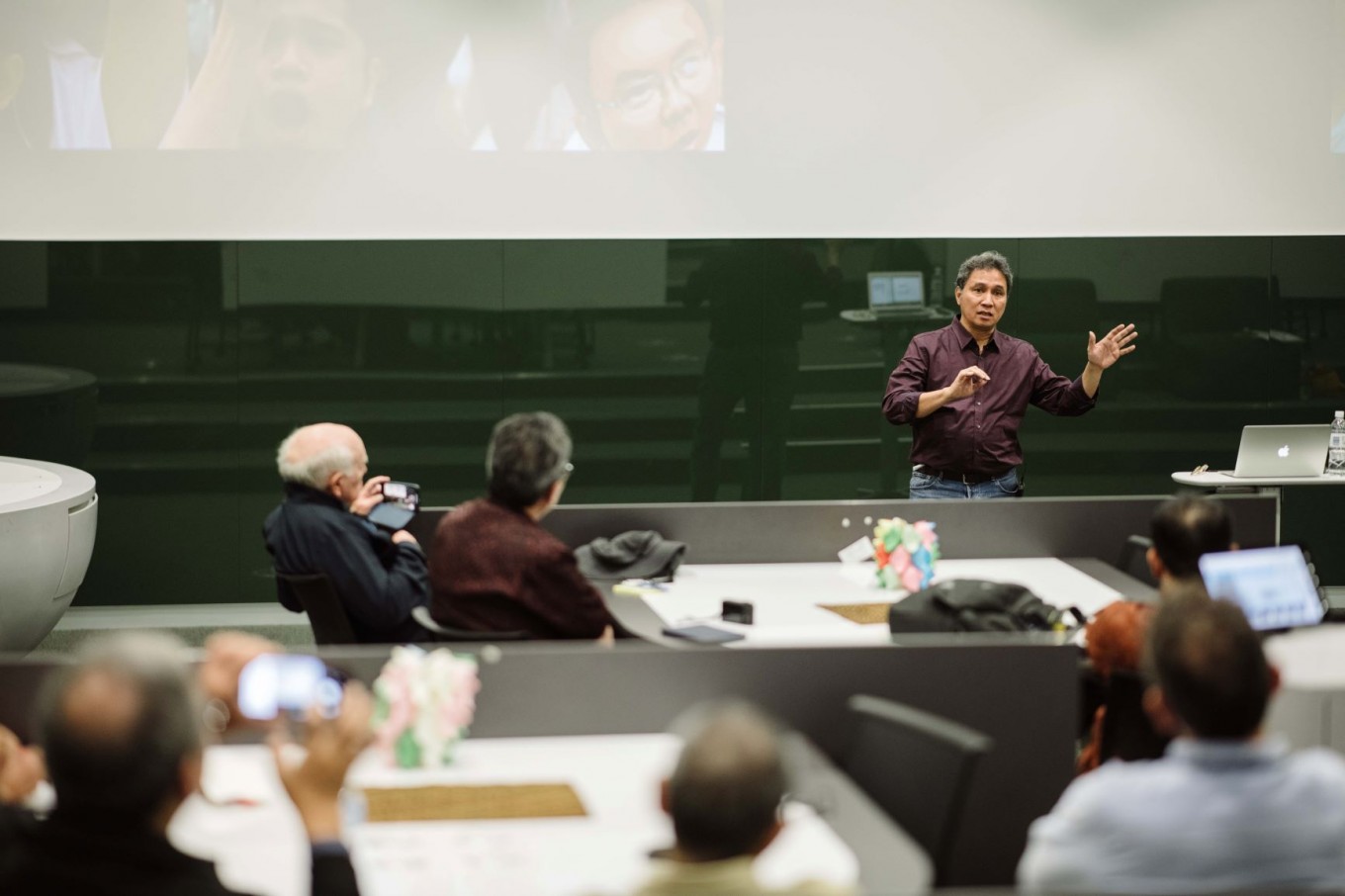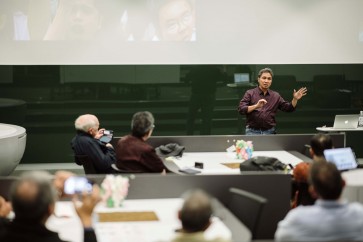Popular Reads
Top Results
Can't find what you're looking for?
View all search resultsPopular Reads
Top Results
Can't find what you're looking for?
View all search resultsThe rise and fall of Ahok: In search of Chinese-Indonesians' identity
The fundamental question is: Who are these candidates actually representing? Do they defend the Chinese-Indonesian community or their own interests?
Change text size
Gift Premium Articles
to Anyone
C
hanges in the electoral system following the fall of the New Order government in 1998 have made it possible for Chinese-Indonesians to compete in local elections.
The fundamental question is: Who are these candidates actually representing? Do they defend the Chinese-Indonesian community or their own interests?
This question was posed by the Education and Culture Ministry’s culture director general, Hilmar Farid, at a recent conference in Melbourne, Australia, on the identity and history of Chinese-Indonesians.
“The Chinese community is an imposed identity [whose members may] have different political aspirations,” he said in his keynote address in front of scholars from seven countries at Clayton Campus, Monash University.
It is not easy, Hilmar said, to define who Chinese-Indonesians actually are.
“I would say I am one-sixteenth Chinese,” he said to the chuckle of more than 150 people. “But also an Arab [descent]. So, real Chinese-ness is a very complicated [concept], but [Chinese-Indonesians] have been involved in politics and government for a long time.”
Hilmar referred to people like economist Kwik Kian Gie who are sometimes in the government and other times, the opposition.



















